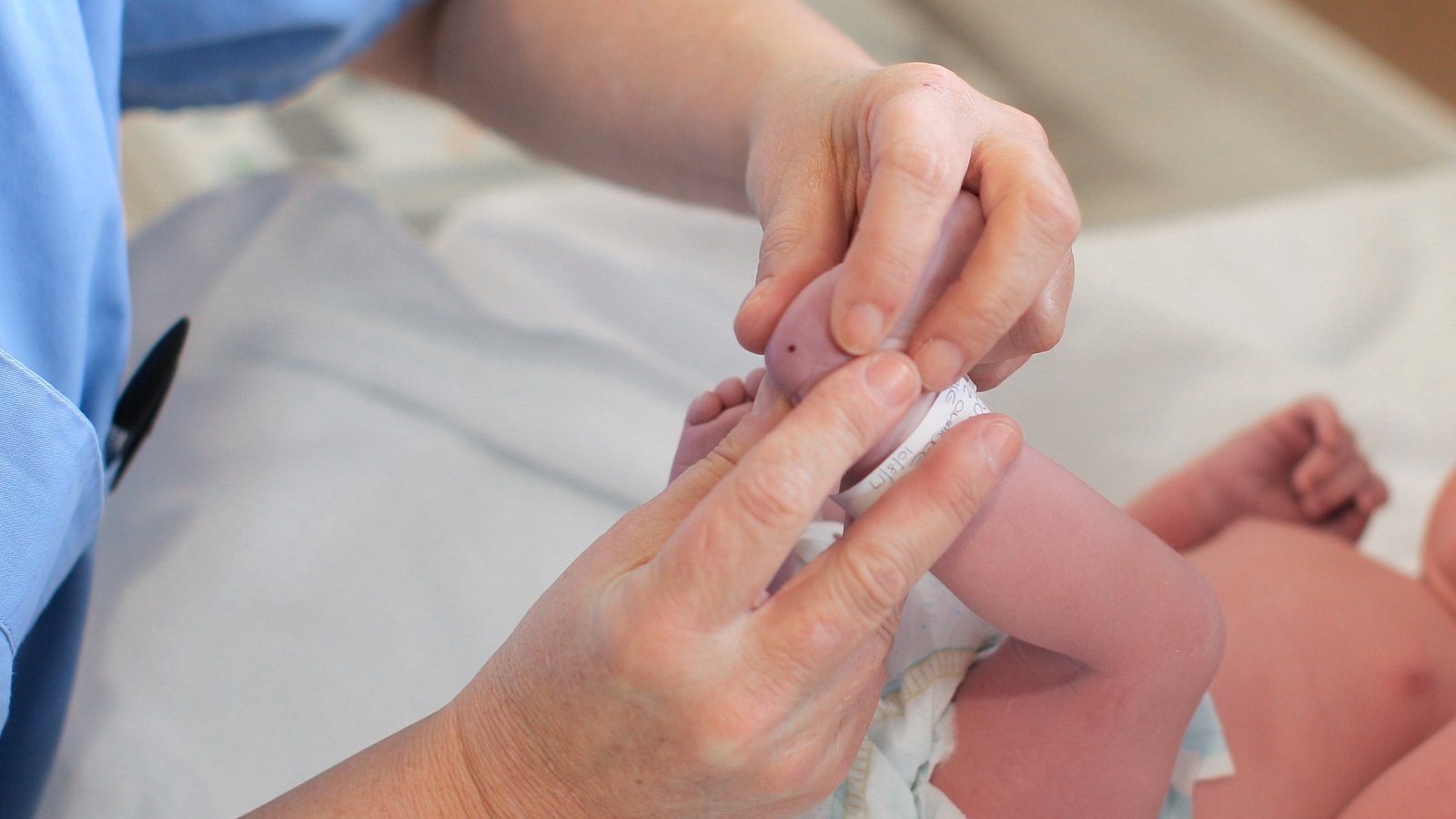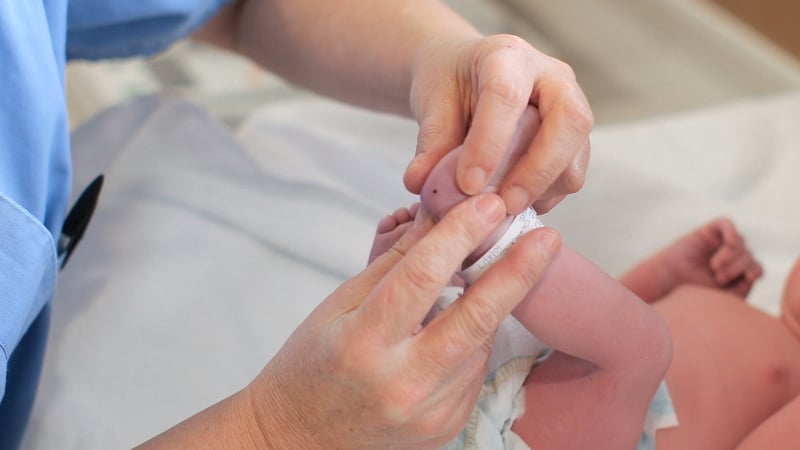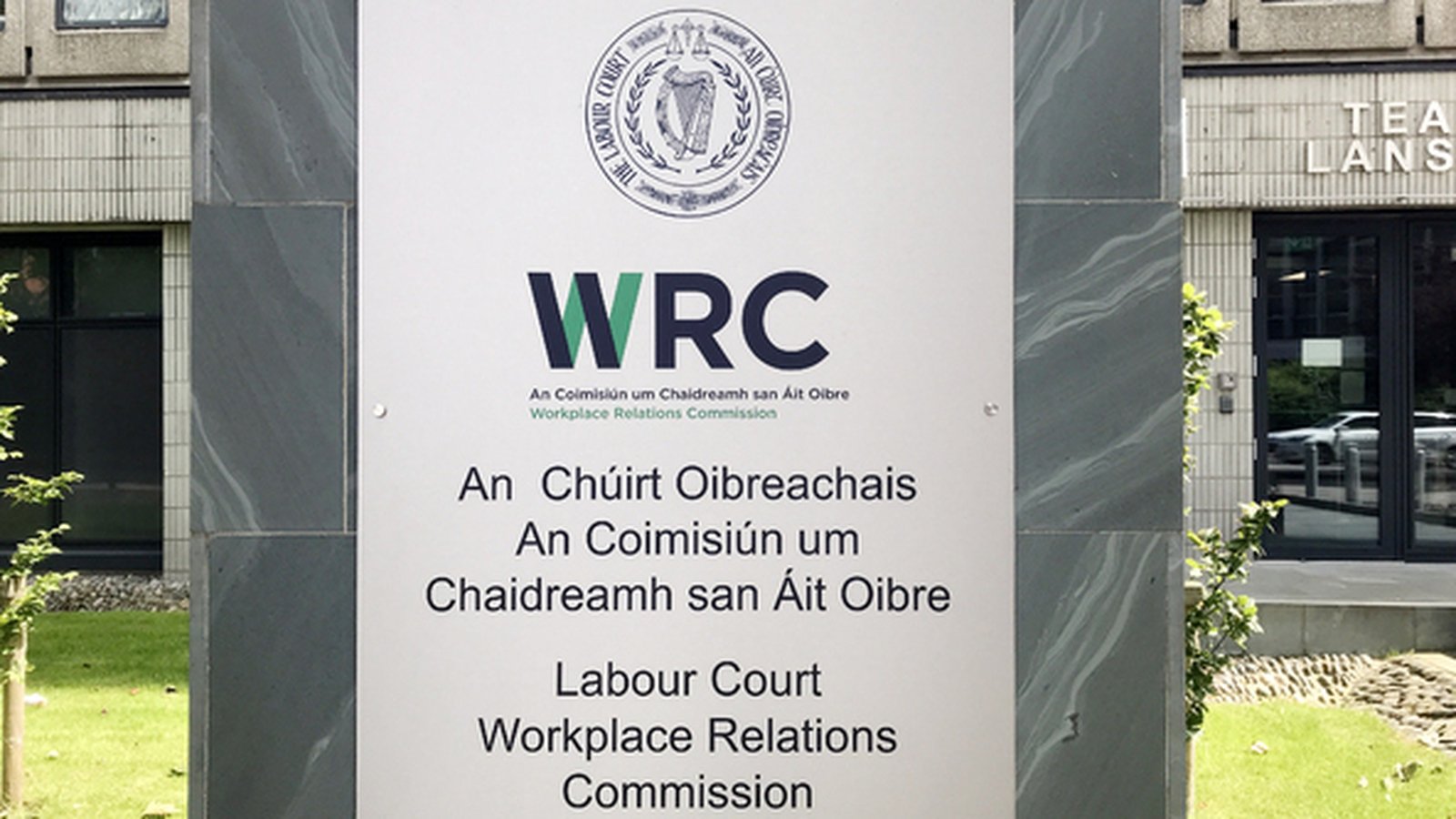Calls for expansion of rare disease screening in newborns


Campaigners are looking for the system to check newborn babies for rare diseases to be expanded.
Rare Diseases Ireland (RDI) will brief members of the Oireachtas for the current heel prick test to be widened to encompass more diseases.
The test involves taking a small sample of blood from a newborn baby’s heel shortly after birth for the early identification of serious medical conditions and rare diseases.
Currently under the system, Ireland screens for nine diseases, but RDI said that Ireland screens newborns for fewer diseases than 75% of European countries.
Rare Diseases Ireland CEO Vicky McGrath said that the European average is to screen for 18 diseases.
The average time between first symptoms and confirmed diagnosis of rare diseases is over six years in Ireland, compared with the European average of 4.7 years.
A rare disease is defined as a disease that affects fewer than one in 2,000 people in Europe.
Up to around 8,000 individual rare diseases have been identified to date.
An estimated 300,000 people are living in Ireland with a rare disease.
These diseases are chronic, progressive, degenerative and often life-threatening.
RDI is the national alliance for rare disease patient organisations here.
The Department of Health said that the expansion of the national newborn bloodspot screening programme remains a priority for the Minister for Health.
It said that the National Screening Advisory Committee has been actively progressing work in this regard.
The department said that the number of conditions screened for will increase from nine to 11, when screening for two other conditions, Spinal Muscular Atrophy and Severe Combined Immunodeficiency are introduced.





